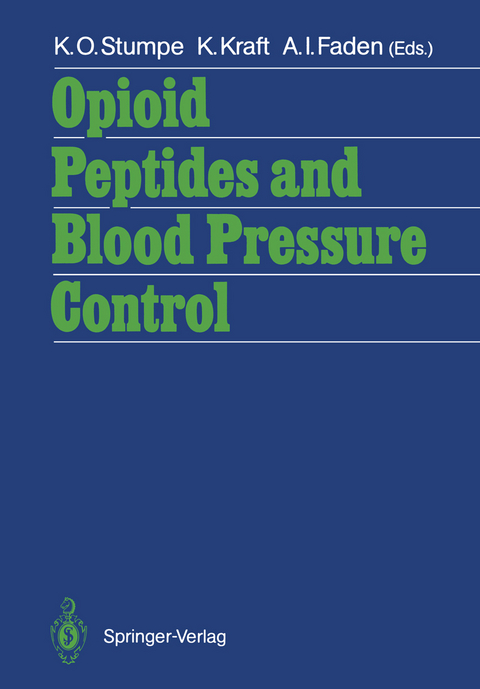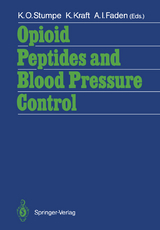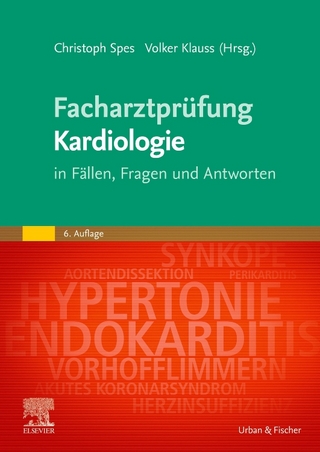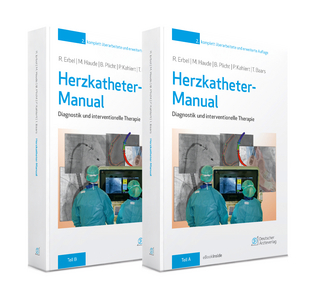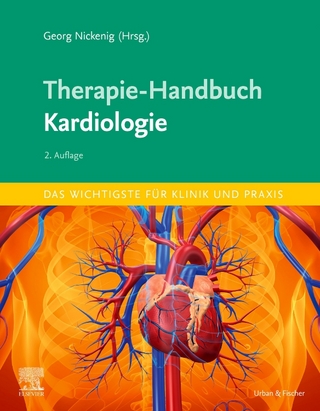Opioid Peptides and Blood Pressure Control
Springer Berlin (Verlag)
978-3-540-18935-0 (ISBN)
Prof. Dr. med. Karin Kraft ist Ärztin für Innere Medizin und seit 2002 Inhaberin des Stiftungslehrstuhls für Naturheilkunde an der medizinischen Fakultät der Universität Rostock. Nach Medizinstudium und Promotion war sie am Institut für Klinische Biochemie, Universität Bonn, sowie am Institut für Pharmakologie, Universität Heidelberg. Ab dem Jahr 1983 arbeitete sie in der Medizinischen Poliklinik der Universität Bonn, wo sie als Oberärztin ab 1992 den Aufbau der Ambulanz für Naturheilverfahren durchführte. Sie habilitierte sich 1993 für Innere Medizin. Schwerpunkte in der Lehre sind der Querschnittsbereich 12 (Rehabilitation, Physikalische Medizin, Naturheilverfahren) nach der Approbationsordnung für Ärzte sowie die Betreuung des Wahlpflichtfachs Naturheilverfahren. Forschungsbereiche sind Phytotherapie, sonstige naturheilkundliche Methoden, insbesondere apparative Techniken und naturheilkundliche Rehabilitation. Sie ist Autorin zahlreicher Publikationen und Herausgeberin der Zeitschschrift für Phytotherapie. Als Referentin hält sie viele Seminare und Kurse in ganz Deutschland.
Endogenous Opioids and Cardiovascular Regulation: Introduction.- Anatomy.- Distribution of Opioid Peptides Functionally Related to the Cardiovascular System.- Studies on Enkephalinergic Mechanisms in Cardiovascular Centers of the Medulla Oblongata of the Rat and their Interactions with Centrally Administered Neuropeptide Y.- Multiplicity of Opioidergic Pathways Related to Cardiovascular Innervation: Differential Contribution of All Three Opioid Precursors.- Physiology.- Opioids, Opiate Receptors, and Central Cardiovascular Regulation.- Adrenergic Opioid Interaction in the Brain Stem: Role in Cardiovascular Regulation.- Influence of the Opioid System on Sympathetic Activity and the Renin-Aldosterone System in Healthy Males.- Role of Leu-morphin, an Opioid Peptide, in the Central Regulation of Fluid Balance and Blood Pressure in Rats.- Endogenous Opioids in the Dorsal Vagal Complex and Resting Cardiovascular Function in the Anesthetized Rat.- Influence of Opiate Peptides on Blood Pressure Regulation and on Hypothalamic Blood Flow.- Opioid Peptides in Human Adrenal Medulla: Their Role in the Modulation of Catecholamine Secretion.- Cardiovascular Effects of Neuropeptide Y in the Caudal Ventrolateral Medulla.- Plasma Met-enkephalin and Cardiovascular Responses to Stress.- Pharmacology.- Opioid Receptors in the Sympathetic Supply to Blood Vessels and the Heart.- Interactions of Opioid Peptides and Adrenergic Agents in the Regulation of Blood Pressure.- Effect of Opiate Receptor Blockade on the Cardiovascular and Plasma Noradrenaline Response to Intravenous Tyramine in Man.- Effects of Mu- and Delta-Opiate Receptor Agonists on Systemic and Regional Hemodynamics in Conscious Rats.- Retardment of Development of Hypertension in the Spontaneously Hypertensive Rat by Long-Term Kappa-Opioid Receptor Antagonism.- Naltrexone Inhibits Alpha-Methydopa-Induced Hypotension in a Dose-Dependent Manner.- Effects of 17-alpha-estradiol, a Possible Endogenous Opiate Antagonist, on Cardiovascular Responses in Conscious Unrestrained Rats.- Opioid Receptor Types at Noradrenergic Neurons and their Roles in Blood Pressure Regulation.- Effect of Opioids on Plasma Levels of Immunoreactive Atrial Natriuretic Factor.- Production by Systemic Enkephalin of Hemodynamic Effects by Afferent Modulation of Autonomic Nervous System Tone.- Pathophysiology and Clinical Aspects.- Endogenous Opioids in the Pathophysiology of Shock: Sites of Action, Autonomic Involvement, and Receptor Interactions.- Endogenous Opioids and Blood Pressure in Man.- Effects of Hemorrhagic Shock on Plasma Met-enkephalin, Vasopressin, Catecholamines, and Cardiovascular Functions in Intact and Adrenalectomized Dogs.- Effect of Hypertension on the Response of Plasma Beta-Endorphin to the Cold Pressor Test.- Normalization by Clonidine of Reduced Plasma Beta-endorphin and Leu-enkephalin Concentrations and Elevated Blood Pressure in Young Patients with Mild Essential Hypertension.- Role of Opioids in the Pathophysiology of Hypertension.- Effect of Low Dosage of Naloxone on Clonidine-Induced Changes in Blood Pressure, Catecholamines, Renin, and Aldosterone in Essential Hypertension.- Effect of Lisinopril on Circulating Neuropeptides in Essential Hypertensive Patients.- Endogenous Opioids and Reversal of Renovascular Hypertension.- Comparison of Pain Threshold as Assessed by Tooth Pulp Stimulation in Normotensives with Different Hypertensive Hereditary Backgrounds and in Borderline and Established Hypertensives.
| Erscheint lt. Verlag | 22.6.1988 |
|---|---|
| Zusatzinfo | VIII, 300 p. |
| Verlagsort | Berlin |
| Sprache | englisch |
| Maße | 170 x 244 mm |
| Gewicht | 600 g |
| Themenwelt | Medizinische Fachgebiete ► Innere Medizin ► Kardiologie / Angiologie |
| Studium ► 1. Studienabschnitt (Vorklinik) ► Physiologie | |
| Naturwissenschaften ► Biologie ► Humanbiologie | |
| Schlagworte | anatomy • Blood vessel • Cardiovascular • cardiovascular function • cardiovascular regulation • Hypertension • Opioid • pathophysiology • Physiology |
| ISBN-10 | 3-540-18935-1 / 3540189351 |
| ISBN-13 | 978-3-540-18935-0 / 9783540189350 |
| Zustand | Neuware |
| Haben Sie eine Frage zum Produkt? |
aus dem Bereich
